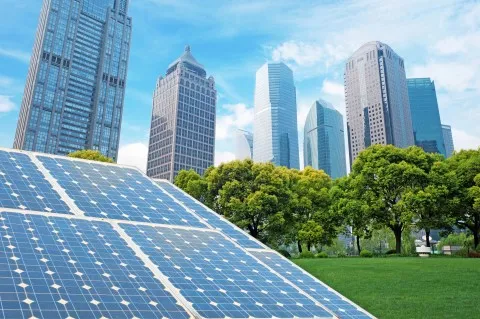
Default looms over Chinese solar farm operators amidst cash flow pains
Analysts fear more could follow the footsteps of Singyes Solar, which defaulted in October 2018.
Amidst the issues of weak operating cash flow, tight refinancing, and dropping value of solar farm assets plaguing Chinese solar farm operators, the default of Hong Kong-listed Singyes Solar in October 2018 could be followed by other failures in 2019, Fitch Ratings said.
Singyes Solar did not have sufficient cash to pay a $160m bond due in October and was hit by another $260m maturity in February. “Default risk is likely to remain elevated for other solar-farm operators unless there is a shift toward more supportive government policy, an improvement in funding conditions, or significant progress on asset sales,” Fitch Ratings said in a research note.
The firm added that operating cash flow deteriorated across the industry in 2018, especially for companies that have added capacity aggressively in recent years, no thanks to delays in receiving subsidies.
“Solar farms have to be listed in the renewable subsidy catalogue before they can receive subsidies, but the last batch of farms listed in June 2018 were all connected before March 2016 and we do not expect any more projects to be added until at least 2020 in light of the usual interval between batches,” Fitch Ratings said.
The 88GW of capacity connected in 2017 and 9M2018, along with a proportion of the 34GW that came online in 2016, will, therefore, remain unsubsidised. “Solar farms are barely breaking even on a CFO basis after interest payments without subsidies, indicating that new projects are not helping companies generate cash to repay debt,” the firm added.
The Renewable Surcharge Fund (RSF), from which subsidies are paid, also faces shortfalls. The surcharge of CNY19/MWh levied on consumers has been untouched since the beginning of 2016 in an effort to keep prices low.
Refinancing conditions also add to the burden, reflecting broad credit tightening across the economy and a more specific shift in investor sentiment against the solar industry following reforms announced in May 2018 that have pushed down tariffs for new solar capacity.
“Solar companies' offshore bonds are now trading at double-digit yields, and we do not expect conditions to ease in 2019. This has effectively shut the companies off from refinancing in capital markets, posing significant liquidity risk, particularly since most solar companies' bank loans and leasing finance are structured such that a proportion of principal needs to be repaid annually,” Fitch Ratings said.
Faced with these challenges, companies are forced to resort to asset sales to address their liquidity strains. However, the values of these assets have fallen and the companies that own them have weakened their bargaining power over price.
“Negotiations with state-owned enterprises - the main potential buyers - have typically been lengthy. Foreign buyers would need to overcome significant technical hurdles, which is likely to deter them from purchasing the assets,” Fitch Ratings noted. It concluded that companies with large upcoming bond maturities are the most vulnerable.
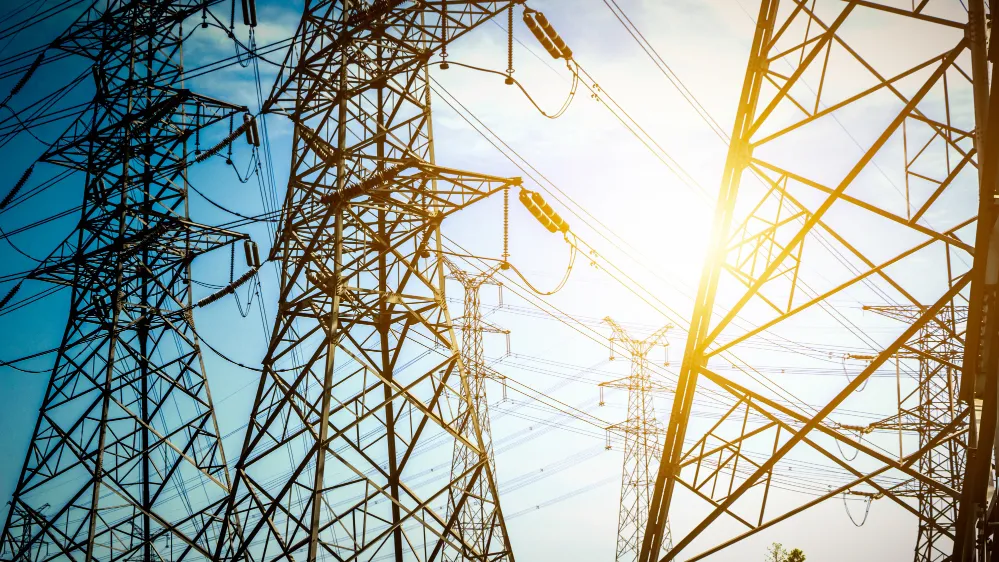
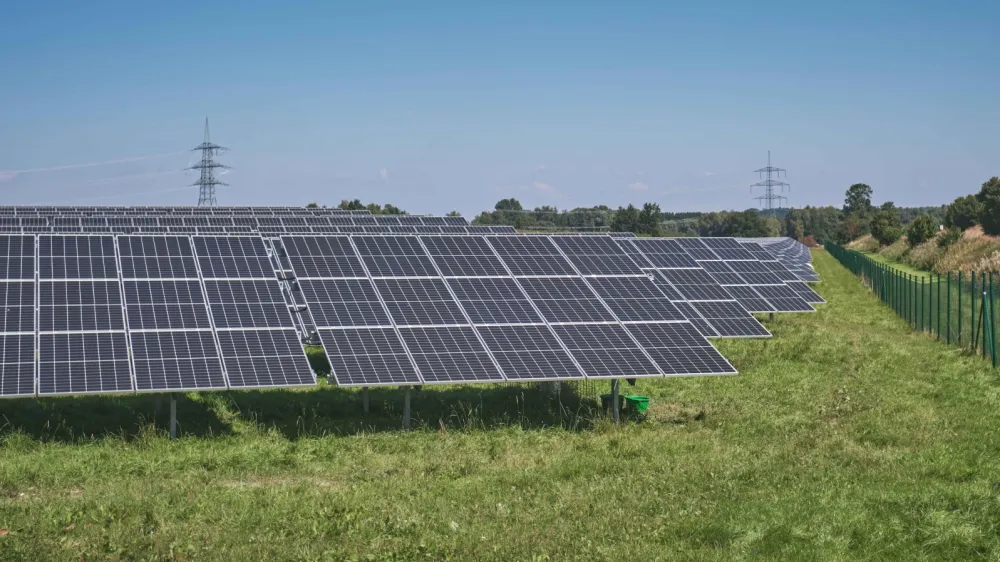
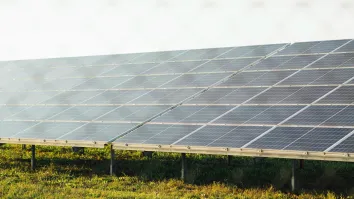
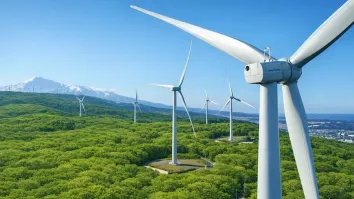
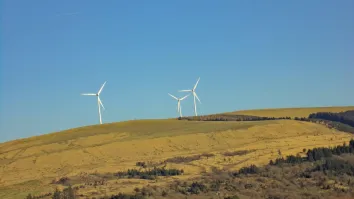
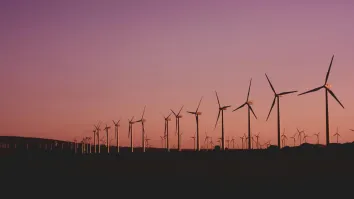













 Advertise
Advertise









